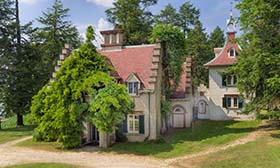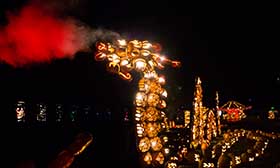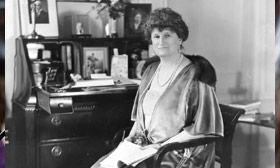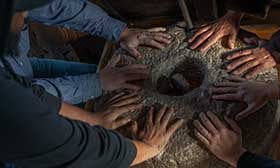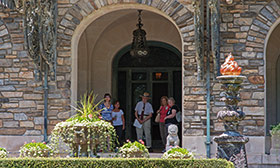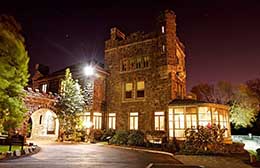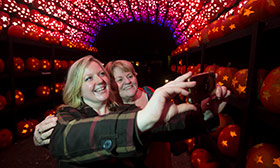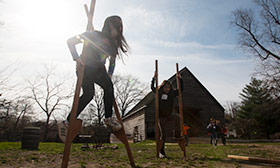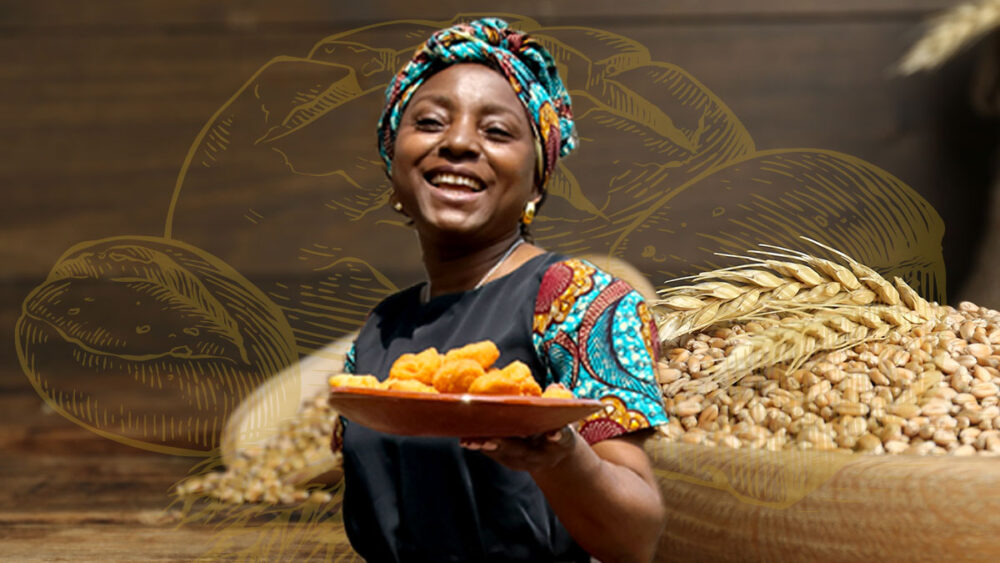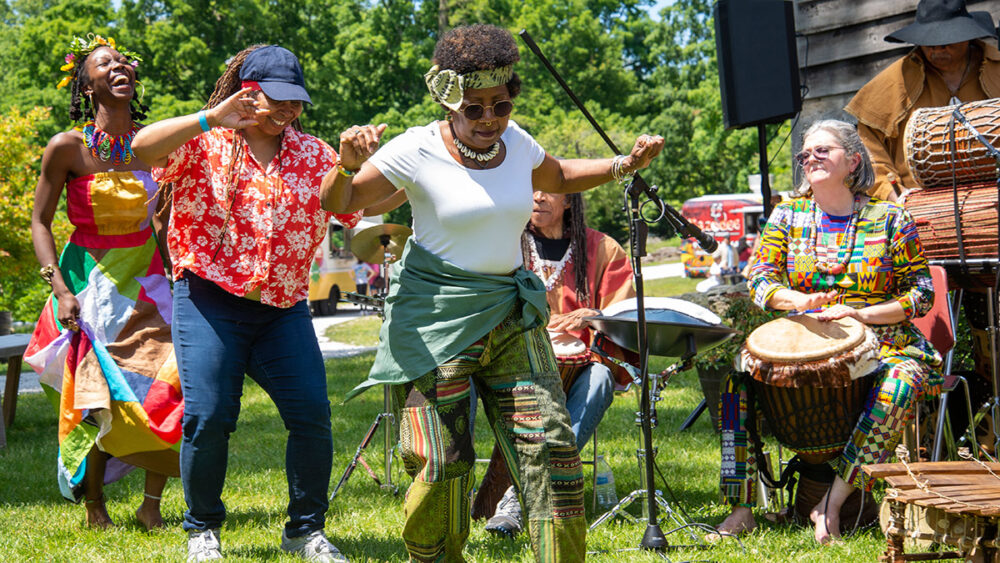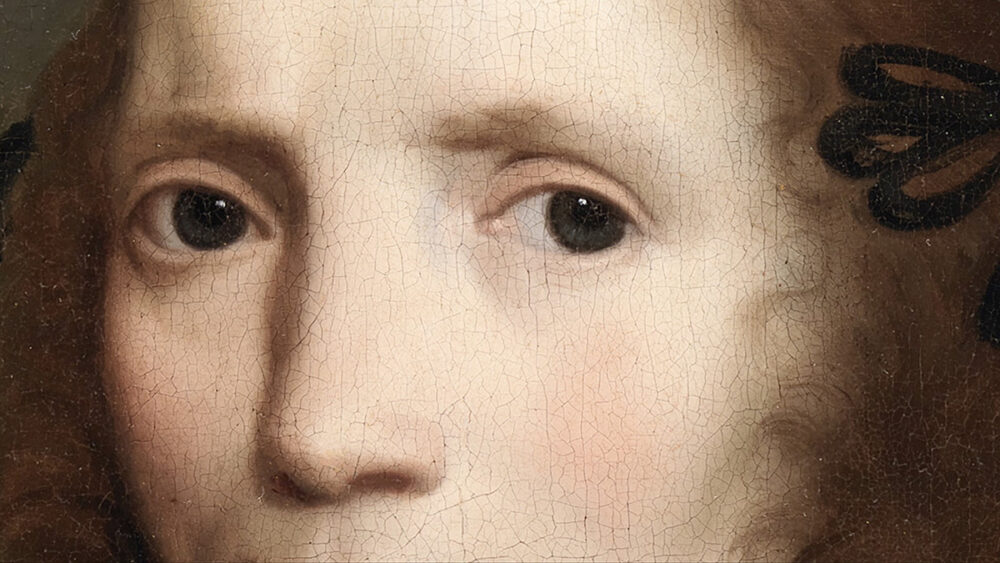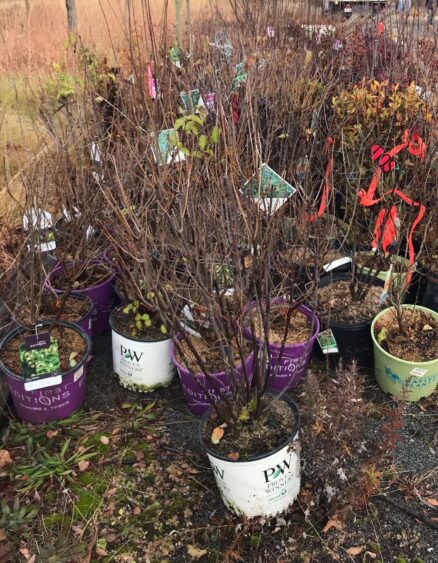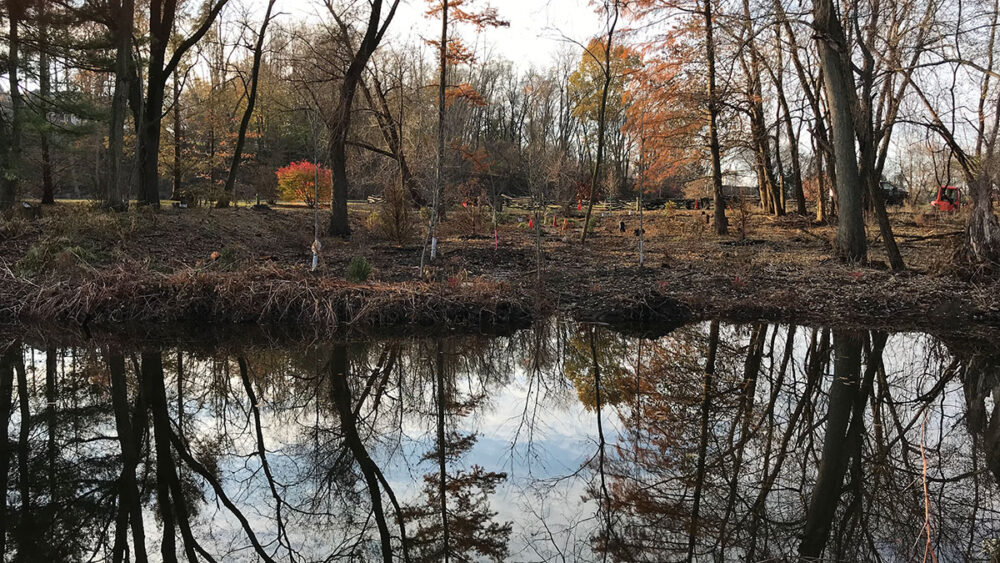Spinning Patriotic Sentiment in Colonial America
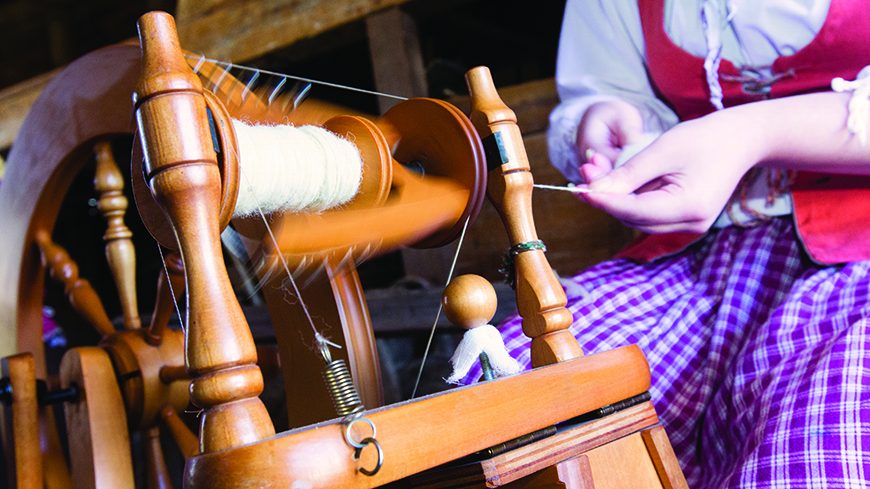
“As for me, I will seek wool and flax, and work willingly with my hands; and indeed there is occasion for all our industry and economy.”
—Abigail Adams, in a 1774 letter to her husband, John Adams
Did you know that the humble spinning wheel was once a symbol of patriotic fervor in America? Colonial women in the years before the Revolution created their own homespun cloth as a way to disrupt the British monopoly on the textile market. In fact, spinning played such an important role in the conflict that the Daughters of the American Revolution chose a spinning wheel as a symbol for their organization.
It all started with Britain’s attempt to protect one of their biggest industries, textiles. Colonists imported most of their textiles from Britain, and wool production in the colonies was discouraged since Britain saw America as a supplier of raw materials for England’s factories. England could then sell the manufactured goods to the colonies at a handsome profit.
But early Americans had other ideas. By the end of the 1600s, America was exporting wool, which outraged England and led to the Wool Act of 1699, prohibiting the colonies from exporting wool, wool yarn, and wool cloth.
The passage of the Wool Act lit the fires of resentment in the colonies and many people resisted by making cloth from flax and hemp—and producing their own essential clothing instead of buying British imports.
The homespun clothing movement really gained steam when the Daughters of Liberty turned to their spinning wheels. This group of patriotic women organized mass spinning “bees’’ in town squares, churches, and private homes. Once the war started, they gathered to spin and sew uniforms for the Continental Army.
During Sheep-to-Shawl at Philipsburg Manor, interpreters demonstrate 18th-century spinning and weaving techniques similar to those used by the Daughters of Liberty. Although the owners of Philipsburg Manor sided with England during the Revolution and bought their textiles from Britain, it’s certain there were patriotic spinners among the manor’s many tenant farm households!

